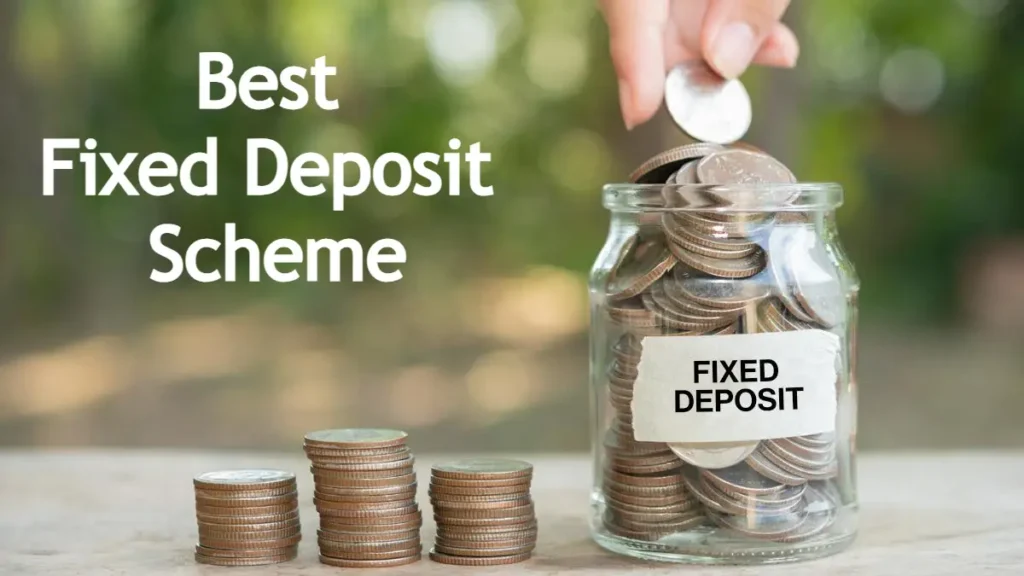For those looking to minimize their tax burden, tax-saving FDs are a popular and valuable instrument in India. These FDs, also known as Tax-Savings Fixed Deposits, provide a dual benefit – a stable return on your investment and tax benefits under specific conditions. Here’s a comprehensive look into it.
Features of Tax-Saving FDs:
- Investment Limit: One can invest up to a maximum of ₹1.5 lakh in tax-saving FDs.
- Lock-in Period: These FDs come with a lock-in period of 5 years, meaning the funds cannot be withdrawn before this tenure.
- Tax Benefits: Investments in these FDs qualify for tax deductions under Section 80C of the Income Tax Act, up to the limit of ₹1.5 lakh. However, it’s crucial to note that while the principal amount invested gets the tax benefit, the interest earned is taxable.
Tax Regime Considerations:
It’s essential to understand that the benefit under Section 80C is only available to those who opt for the old tax regime. Individuals who have chosen the new tax regime won’t get any tax deductions under Section 80C.
Best Tax-Saving FDs for 2023:
Several banks offer attractive interest rates on tax-saving FDs. Particularly for senior citizens, who are above 60 years of age, there are higher interest rates available, sometimes on deposits even up to ₹2 crores. Here are some top banks with their interest rates:
- DCB Bank: Offers an interest rate of 7.4% on tax-saving FDs.
- IndusInd Bank: Provides a return of 7.25% for a 5-year term.
- Yes Bank: This private sector bank offers an interest rate of 7.25% on their tax-saving FDs with a 5-year tenure.
- Axis Bank: One of the largest private-sector banks, Axis Bank, offers a rate of 7%.
- HDFC Bank: Recognized as one of India’s top banks, HDFC provides an interest of 7% on its 5-year tax-saving FDs.
Important Points to Remember:
- You can invest up to ₹1.5 lakh in tax-saving FDs.
- The lock-in period and maturity for these FDs are 5 years. Early withdrawal is not allowed.
- The interest earned on these FDs is not tax-free. Only the principal amount, up to a limit of ₹1.5 lakh, qualifies for tax benefits under Section 80C.
Tax-saving FDs are an excellent choice for those wanting to combine the benefit of savings with tax deductions. However, it’s vital to stay informed about the tax implications and choose a bank that offers the best returns. Always consider consulting with a financial advisor before making any investment decisions.

